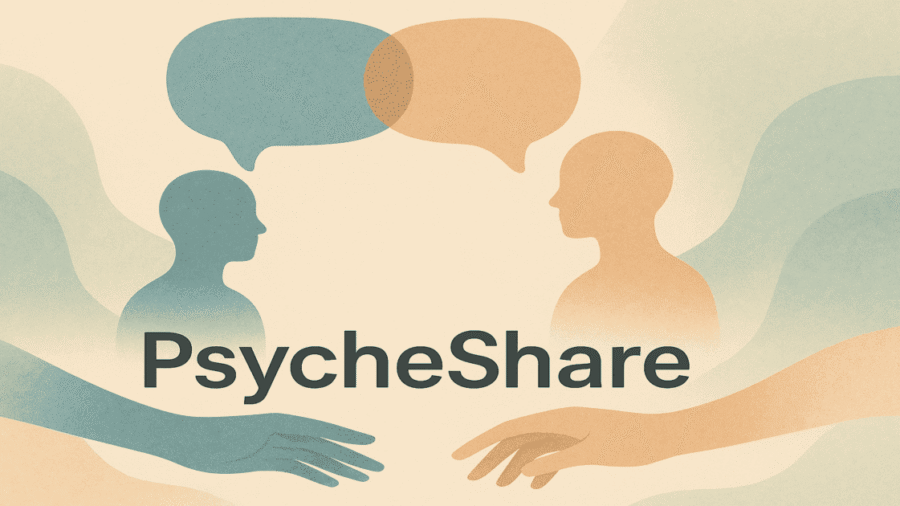I want to share my experience I had in Canada. I still remember the first time the cold slapped me in the face. Not in a poetic, “oh it’s chilly” kind of way. I mean, the kind of cold that makes your bones ask, “Are we still alive?” It was December. Toronto. Wind sharp as razors. I had just landed from Lomé, Togo. Some of you may not know of this place.
I had one suitcase, a student visa, and the kind of hope that comes from not yet understanding how hard things were about to get.
I came for grad school. Public policy. Everyone back home said, “Make us proud, Kossi.” I said yes with my mouth, but my heart was shaking.
The truth is, I did not know anybody here.
My first apartment was a basement room that smelled like bleach and boiled cabbage. I shared the kitchen with two other guys. One from Dhaka, the other from Accra. We barely spoke. Just tired nods in the morning.
And the silence… that was the worst part. Back in Togo, noise is a lifestyle. People yell greetings across the street. There is always a cousin dropping by, a neighbor knocking for pepper. In Canada? You could go a whole week without hearing your name, I tell you.
I would come home from lectures, open WhatsApp to message my mom, then stop—because what would I even say? “Hi, I cried again today”?
When it all started
Then came Elise.
No, not some fairy-tale moment where our eyes met across the library. It was more awkward than that.
I was in line at Tim Hortons, trying to figure out what a “double double” meant, and I dropped my wallet. She bent down, picked it up, smiled, and said, “You are new, huh?”
I laughed. “That obvious?”
She said, “Let me guess… Nigeria?”
I rolled my eyes. “Togo. Different country, same continent.”
She bit her lip. “I deserved that.”
And that was it. No fireworks. Just a weird, slightly flirty conversation over cheap coffee. But she asked questions. Real ones. And she listened.
We started seeing each other at the student lounge. Then she invited me to a poetry night. Then she came over to try my food. She nearly cried from the spice.
“Elise, that is just petit piment.”
“Well, it is burning my tongue.”
“Then drink water.”
She laughed and said, “Water betrayed me.”
She was funny like that.
But more than that—she made me feel… seen. Not just as the “African student,” not just as the one with the accent. She asked about Togo. About my father. About why I looked away when people asked if I was okay.
But I was scared.
Love was not part of the plan. My mother used to say, “Do not lose yourself in the land of the whites.” And here I was, catching feelings for a white girl with soft eyes and strong opinions.
I kept asking myself: Will she really understand what I carry? The pressure, the guilt, the homesickness?
One night, I told her everything. About my scholarship. The pressure to send money home. The shame I felt for failing a statistics exam. How I sometimes dreamed in Ewe and woke up not knowing where I was.
She just sat there, holding her tea. Then she said, “Kossi… you are carrying too much on your own.”
And for the first time in months, I let myself cry in front of someone.
It was not perfect.
Her dad thought I was “too serious.” My uncle warned me to “think long term.” There were fights. Culture clashes. Misunderstandings.
Like when I invited her to a party full of Africans, and she panicked halfway through and asked me to leave. Or when I misunderstood her silence as rejection, when really, she was trying not to cry.
But we kept choosing each other. Even when it was messy. Especially when it was messy.
How it Ended
Graduation was hard.
My family could not come. Elise stood in for everyone. She made a sign. Wore my mother’s scarf. Took pictures like she had been waiting for this her whole life.
That night, I asked her, “Do you ever regret this?”
She looked at me. “Never. I just wish you would stop waiting for me to leave.”
That hit. Because it was true. I kept preparing for heartbreak. Expecting it. But she was not going anywhere.
She did not save me. But she stayed. And sometimes, that is more important.
We moved in together a year later.
Small apartment. Bad heating. But it felt like something solid. Like roots.
We started volunteering for a newcomer center. Helping other immigrants find their footing. I saw myself in every wide-eyed student. And Elise? She learned to say “Akpe na mi” with perfect tone.
My mother still says, “Just do not forget who you are.”
And I smile, because I have not.
I still miss home. Still crave fufu on Sundays. Still ache when I hear my niece’s voice over WhatsApp. But I also know that love—real love—does not erase your identity. It expands it.
Takeaway
I thought coming to Canada meant I had to lose parts of myself to survive. But love taught me otherwise.
Love found me when I was just trying to stay warm. It sat with me in silence. Laughed with me in the kitchen. Held my shame and still chose me.
Now I tell every newcomer I meet: You will feel lost. That is normal. But sometimes, you find home in a person before you find it in a place.



Add a Comment